1 Comment
 How is your family celebrating the 4th of July? Are you hosting the annual BBQ or heading to a friend's house? Preparing for a long weekend is more than a clean house and plenty of hot dogs… with a large group, specific supervision of children is especially important. Please consider that the layers of safety you have in your home may not be in place at a neighbor's or friend's house. Here are a few answers to questions that I have been asked lately.
ANY NEAR-DROWNING INVOLVING EVEN MOMENTARY LOSS OF CONSCIOUSNESS MUST BE FOLLOWED BY A 48-HOUR PERIOD OF OBSERVATION IN A HOSPITAL. Keep your family and friends safe with these water safety tips: An afternoon by the pool Sunday ended in tragedy with the death of a toddler...  Parents- PLEASE get your children water safe! Did you know that 70% of children that drown do so with one or both parents present and 75% are missing for 5 minutes or less. Pool parties can be an unexpected danger for young children. Lapses in supervision can often occur and most people do not know how to recognize someone that is drowning. Unlike in the movies, a drowning child doesn't thrash about and yell for help. Drowning is silent and can happen in less than a minute. These parents were in the pool with their 2 year old, and no one noticed her drown- not because they didn't care or weren't watching, but simply because drowning is silent and its quick. Please give your children an added layer of protection through self rescue skills. These tragedies can be prevented. My heart goes out to these parents. If your child has not learned to swim or is not practicing their self-rescue swim skills on a regular basis contact me today to schedule lessons.
Not One More Child Should Drown Infant Swimming Resource: Proven Self-Rescue Swimming Program New Instructors in San Diego, CA San Diego, CA - Sometimes, everything we do is not enough to keep a child from drowning. Even with alarms, door locks, pool fences, and supervision, children can escape from protective care and find themselves in trouble, whether it is in a pool, pond, lake, or canal. This is where Infant Swimming Resource, the ONLY provider of the safest and most effective aquatic survival skills training, steps in and gives children the skills to survive. *** Now Accepting Spring Registrations*** At ISR, the most comprehensive self-rescue swimming program in the U.S., we integrate skills that are developmentally appropriate for young children, teaching them to save their own lives while building the confidence that can lead to a lifetime of fun in and around the water. With a forty year history of successfully providing self-rescue skills training to over 160,000 infants and young children, ISR seeks to maintain its perfect safety record and reach out to more communities to provide skills training to more children and water safety education to more parent to prevent future tragedies. The ISR Lesson Experience is a comprehensive six-week program. Five days per week (Monday- Friday), for a maximum of 10 minutes per day, a child works one-on-one with a certified ISR instructor to master the aquatic survival techniques. No child is ever thrown into the water; instead, they are safely guided through the learning process. Beginning at 6 months old, infants learn to hold their breath under water, roll onto their backs and float unassisted. Children over one year old learn the following sequence: how to hold their breath underwater, swim with their head down and eyes open, roll onto their back to float, rest, and breathe, and roll back over to resume swimming until the reach the side of the pool and can crawl out. Once skilled, children practice these techniques fully clothed. 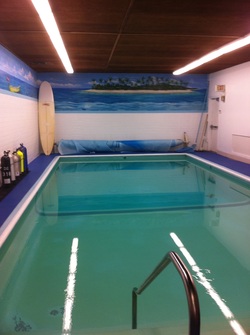 ISR is now being offered in San Diego at the following locations: Dive California (4004 Sports Arena Blvd, San Diego CA 92110) and at private home and community pools in the Greater San Diego area. Visit www.infantswim.com for more information about our one-of-a-kind, self-rescue swimming program and for specific instructor contact information in San Diego visit www.star-swimmers.com 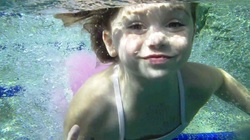 Whether it's been one month or 3 years since your little one completed the initial ISR lessons, Winter is the perfect time to "Refresh" his or her skills! ISR recommends refresher lessons every 6 months - 1 year OR regular maintenance lessons one - two times per month following the completion of the initial lessons. Let's make sure your child's survival skills are intact before the chaos of the holidays are in full swing. I will be teaching lessons throughout winter at the WARM, INDOOR Boca Raton YMCA pool. You need not be a member to participate in these lessons. Maintenance/Refresher lessons can be once, twice or even a full week depending on what works best with your schedule. The lessons are still a maximum of 10 minutes per day. GIFT CERTIFICATES make great holiday presents and can be purchased in amounts as little as $5! Contact me today to order some! s.bense@infantswim.com or 561-866-8371 1. Children Are at Highest Risk of Drowning:
FACT: While 8 in 10 drownings are over age 14, children ages 1-4 have the highest drowning rates, according to the CDC. In that young age group, nearly 1 in 3 deaths from accidental injury come from drowning. For every death by drowning in those age 14 and under, there are four visits to emergency rooms for near-drownings, which can result in lifelong injury, including permanent brain damage. 2. Boys and Girls are Equally at Risk of Drowning: MYTH: 4 in 5 drowning victims are boys or men, according to CDC drowning statistics. Research has shown that boys and men are more likely to be more over-confident in their swimming abilities, and younger adults are more likely than older adults to be over-confident. 3. Most Adult Drownings Happen Away from Home: FACT: For older teens and adults, age 15 and up, most drownings occur in natural settings like lakes, rivers and oceans. Alcohol is a factor in nearly half the drownings in this age group, according to the CDC. 4. Life Jackets Should Even Be Worn on Short Trips: FACT: Whether you're hopping in a canoe for a short paddle around a quiet lake, or jetting off on a motor boat for the day, remember that life jackets save lives. After boating accidents, 90% of people who drown were not wearing life jackets, according to the CDC. In 2009, there were 736 deaths and more than 3,300 injuries in boating accidents. 5. Swimming Pool Chemicals Can be Hazardous: FACT: Poison Control Centers receive as many as 10,00 reports of exposure to chlorine in pool chemicals annually, with 2 in every 5 cases involving children under the age of 6, according to the CDC. Another 4,000 cases are reported for respiratory and eye irritation, usually from improper storing, mixing or using of pool chemicals. |
Samantha BenseProud ISR Instructor: Archives
February 2016
Categories |
||||||||||
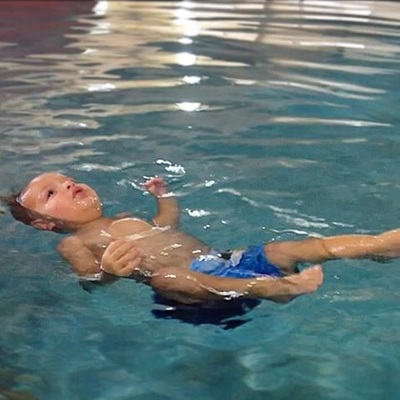
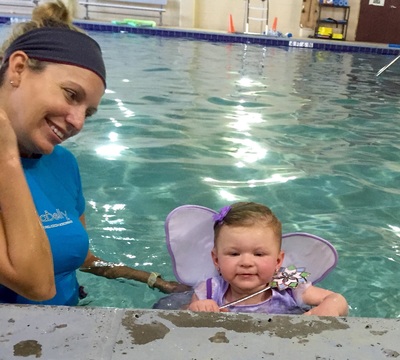
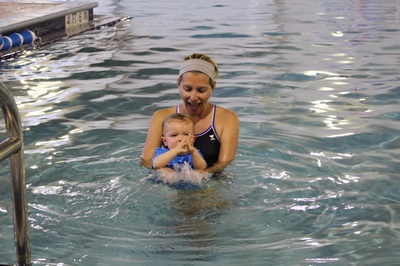
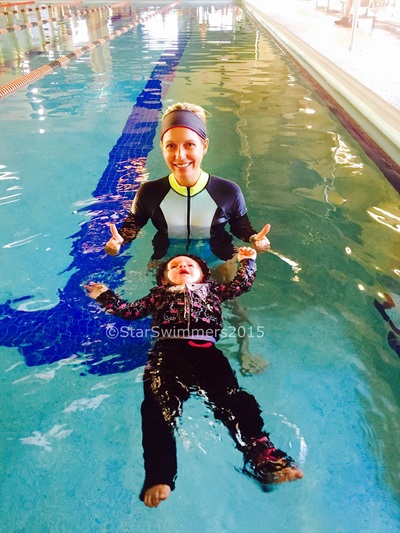
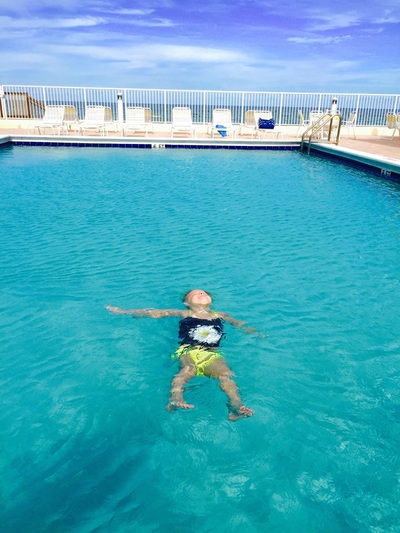
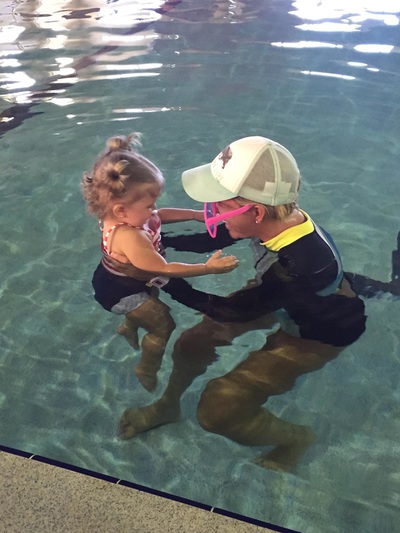
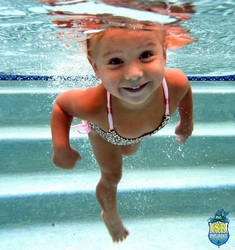
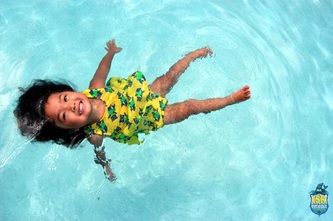
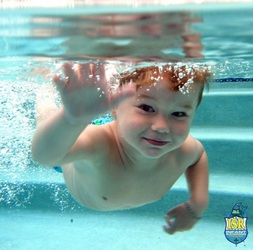
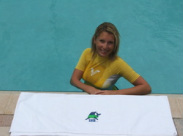
 RSS Feed
RSS Feed
